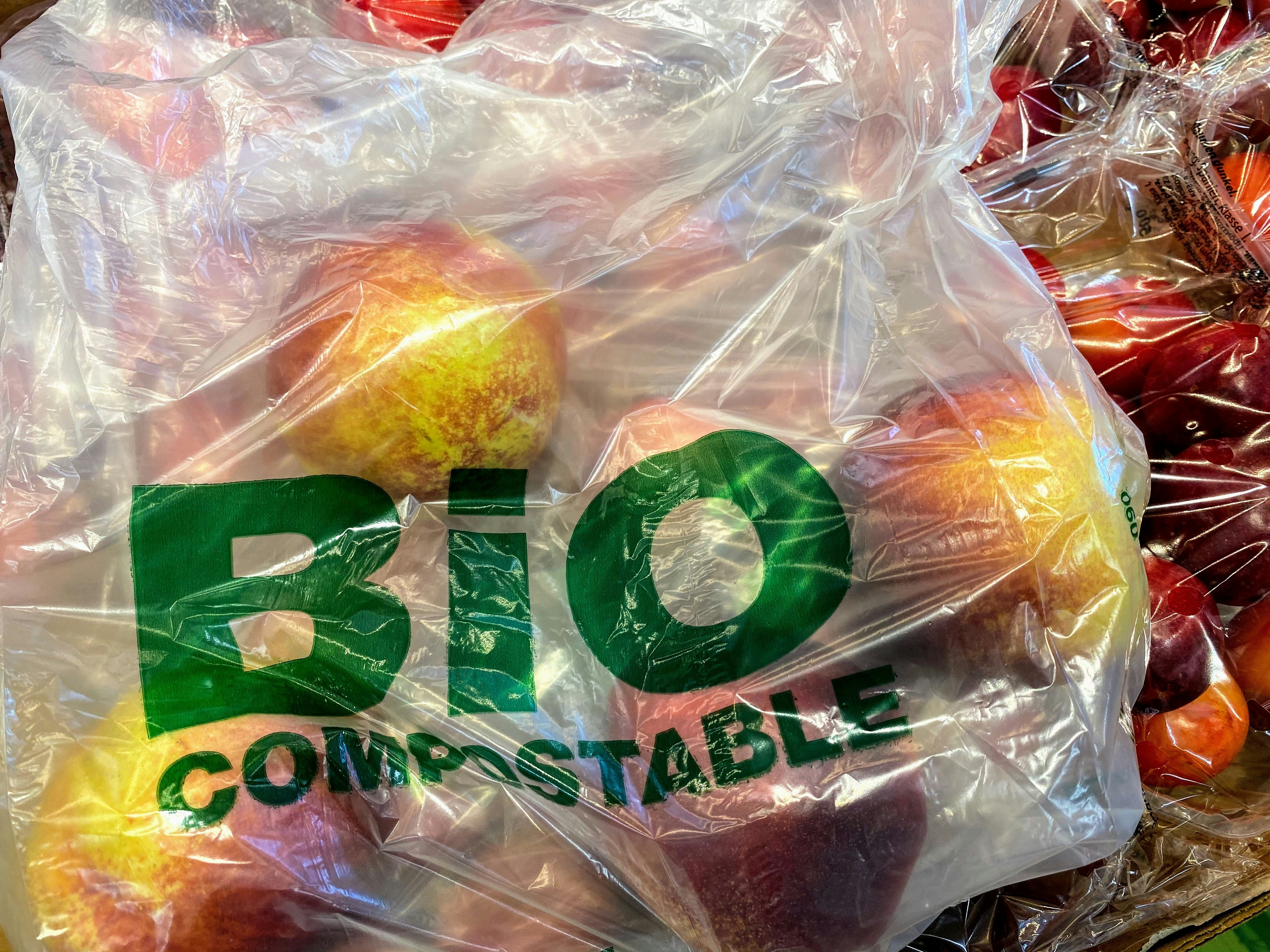Imagine a world where waste is transformed into something valuable, where scraps and leftovers can become a source of nourishment. Enter composting, a simple yet powerful process that converts organic material into nutrient-rich soil. Whether you’re a seasoned gardener or just starting out, composting offers a myriad of benefits to both you and the environment. From reducing landfill waste to creating healthier soil for plants, this article explores the numerous advantages of embracing the art of composting. So, put on your gardening gloves and join us as we explore the incredible benefits of composting!
Improve Soil Health
Composting is a fantastic way to improve the health of your soil. When you compost, you enrich your soil with essential nutrients that are necessary for plant growth. Organic matter such as kitchen scraps, yard waste, and even paper products break down over time, releasing valuable nutrients like nitrogen, phosphorus, and potassium into the soil. These nutrients are then easily absorbed by plants, promoting their growth and overall health.
Not only does composting provide your soil with essential nutrients, but it also enhances the structure of the soil. The organic matter in compost improves the soil’s texture, making it crumbly and loose. This allows for better water infiltration and root development, ultimately leading to healthier plants. Additionally, the improved soil structure helps prevent compaction, allowing for better air circulation and nutrient absorption for the roots.
Another benefit of composting is that it increases soil moisture retention. The organic matter in compost acts like a sponge, absorbing and retaining water in the soil. This is especially beneficial in dry climates or during periods of drought, as the compost can help plants withstand longer periods without watering. By retaining moisture in the soil, composting reduces the need for frequent irrigation, thus conserving water resources.
Reduce Waste
Composting is a powerful tool for waste reduction. By diverting organic waste from landfills, you significantly reduce the amount of waste that ends up rotting away and producing harmful greenhouse gases. When organic waste, such as food scraps and yard trimmings, sit in landfills, they break down anaerobically, producing methane gas, which is a potent greenhouse gas and a major contributor to climate change. By composting these materials instead, you prevent the release of methane and reduce your carbon footprint.
In addition to reducing methane emissions, composting also helps to decrease the overall volume of waste in landfills. By diverting organic matter into a compost pile, you are effectively reducing the need for landfill space. This can have a significant impact on extending the lifespan of landfills and reducing the environmental burdens associated with waste disposal.
Promote Sustainable Agriculture
One of the key benefits of composting is its ability to reduce the need for chemical fertilizers in agriculture. By using compost as a natural fertilizer, farmers and gardeners can provide plants with the essential nutrients they need without relying on synthetic chemicals. This not only reduces the environmental impact of chemical fertilizers but also promotes sustainable farming practices.
Moreover, composting has been shown to enhance crop yield and quality. The rich organic matter and nutrients in compost contribute to healthy plant growth, resulting in larger, more productive harvests. Additionally, compost improves soil fertility, which leads to healthier and more abundant crops. By promoting sustainable agriculture practices through composting, we can work towards a more environmentally friendly and sustainable food system.
Suppress Plant Diseases
Composting can also help suppress soil-borne pathogens and enhance plant immunity. The beneficial microorganisms present in compost act as natural antagonists to harmful pathogens that can infect and damage plants. These beneficial microorganisms compete with pathogens for resources and create a hostile environment, reducing the chances of disease outbreaks.
Furthermore, compost enhances plant immunity by improving the overall health of plants. Healthy plants are better equipped to defend themselves against pathogens and pests. By providing plants with the necessary nutrients and promoting robust root growth, composting strengthens their immune systems and increases their resistance to diseases.
Enhance Biodiversity
Composting supports a diverse community of beneficial soil organisms. As the organic matter in compost decomposes, it provides a rich food source for a variety of microorganisms, earthworms, and other beneficial insects. These organisms contribute to the breakdown of organic matter, nutrient cycling, and soil aeration, all of which are essential for a healthy and thriving ecosystem.
A healthy soil ecosystem supports beneficial organisms that play vital roles in pollination and pest control. Bees, butterflies, and other pollinators rely on diverse plant communities, and composting helps create the habitat that supports these crucial species. By enhancing biodiversity through composting, we can cultivate a harmonious relationship between plants, beneficial organisms, and wildlife.
Improve Air and Water Quality
Composting plays a significant role in improving air and water quality. When organic waste sits in landfills, it produces harmful gases like methane, which contribute to air pollution and climate change. By composting these materials, we can effectively reduce the emission of these gases and help mitigate their impact on the environment.
Additionally, composting can help reduce erosion and runoff. The organic matter in compost acts as a natural mulch, protecting the soil from erosion caused by wind and water. By preventing soil erosion, composting helps to maintain healthy soils and prevents the loss of valuable topsoil, which is vital for plant growth.
Compost also acts as a filter for pollutants, helping to improve water quality. As water passes through the compost-rich soil, the organic matter absorbs and degrades pollutants, preventing them from contaminating groundwater sources. This filtration process is especially beneficial in urban areas where runoff from roads and parking lots tends to carry pollutants into waterways. By composting and utilizing compost-enriched soil, we can help protect our water resources and ensure a cleaner environment.
Conserve Resources
Composting is an effective way to minimize resource consumption in gardening and farming practices. By improving soil health, composting reduces the need for excessive water usage. The organic matter in compost helps to retain moisture in the soil, reducing the frequency of irrigation and conserving water resources.
Furthermore, composting minimizes the need for pesticides. Healthy and nutrient-rich soil promotes plant growth and resilience, making plants less susceptible to pests and diseases. By avoiding the use of harmful chemicals, composting provides a natural and sustainable solution for pest management, preserving the health of our ecosystems and reducing the potential risks associated with pesticide use.
Cost Savings
One of the significant advantages of composting is the potential for cost savings. By eliminating the need for commercial fertilizers, which can be expensive, gardeners and farmers can reduce their input costs significantly. Compost provides a free and readily available source of nutrients, reducing the reliance on costly synthetic fertilizers.
Moreover, composting can help reduce waste disposal costs. Instead of paying for waste collection and disposal services, composting allows you to recycle your organic waste on-site, turning it into a valuable resource for your garden or farm. By reducing waste disposal costs, composting not only benefits your pocket but also contributes to waste reduction efforts in your community.

Promote Environmental Awareness
Composting is a powerful tool for promoting environmental awareness and sustainable practices. By engaging in composting, you become actively involved in recycling organic waste and reducing your environmental impact. Through education and outreach, you can further raise awareness about the importance of composting and its positive effects on the environment.
Composting also encourages recycling and waste reduction. By composting organic waste, you divert it from ending up in landfills, where it contributes to methane emissions and pollution. This promotes the idea of circularity, where waste is seen as a valuable resource that can be repurposed and utilized instead of being discarded.
Community Building
Composting fosters collaboration and participation within communities. Community gardens, where individuals come together to grow their own food and share knowledge and resources, often incorporate composting as an integral part of their practices. By composting collectively, community members can contribute to the creation of nutrient-rich soil and create a sense of shared responsibility for the environment.
Additionally, community involvement in composting and gardening projects strengthens social bonds and promotes a sense of belonging. By working together towards a common goal of sustainable food production and environmental stewardship, communities can come closer to each other and create a strong network of support and cooperation.
In conclusion, composting offers numerous benefits that positively impact both the environment and our daily lives. By improving soil health, reducing waste, promoting sustainable agriculture, suppressing plant diseases, enhancing biodiversity, improving air and water quality, conserving resources, saving costs, promoting environmental awareness, and fostering community building, composting is a powerful tool for creating a more sustainable and resilient future for ourselves and the planet.




